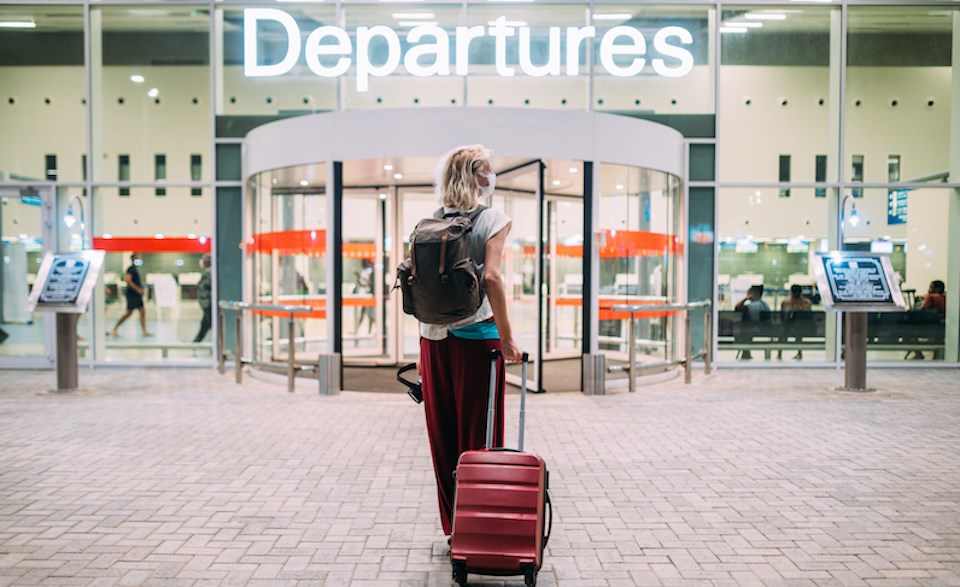Canada has issued a level two travel advisory urging travellers to practise enhanced health precautions outside of the country due to the spread of monkeypox.
As of June 7, the Public Health Agency of Canada (PHAC) is reporting 81 cases of monkeypox in the country; it expects additional cases will be reported as the investigation evolves.
Clusters of the rare virus have been reported in several countries outside of Central and West Africa where the virus is typically found. The new cases are not linked to travel to these places, which is unusual, advises the agency.
In the current outbreak, cases are linked to people who have had "close or intimate contact" with someone who has the virus. However, the virus may also spread from animals to humans or by coming into close contact with contaminated objects.
Travel advisory: Monkeypox in Canada
Similar to COVID-19 protocol in places abroad, Canadians may be subject to health-related monkeypox rules in destinations they visit, such as quarantine, if they become infected. Additionally, they may have limited access to health care if they get sick and experience delays returning home.
Since May, over 700 cases of monkeypox have been confirmed in non-endemic countries, with the lion's share in Europe. In Canada and the U.S., infections caused by a West African clade, which tends to cause mild disease, have also been diagnosed.
PHAC is working closely with international, provincial and territorial health partners to gather information on this evolving issue.
What should you do if you plan on travelling?
Talk to your doctor or visit a travel health clinic at least six weeks before you travel. Keep in mind, however, that vaccines and medications for prevention and treatment are not commercially for monkeypox at this time.
You can also lower your risk of getting or spreading the virus by:
- delaying your travel and isolating if you have any symptoms of monkeypox, or have been diagnosed with monkeypox
- practicing respiratory etiquette, including covering coughs and sneezes and wearing a face mask
- washing your hands frequently with soap and water avoiding close physical contact, including sexual contact, with people who are, or appear to be, sick
- avoid direct contact with their skin, body fluids, respiratory droplets, or sores on any parts of the body
- avoid contact with their clothing, towels, bedding, or common items that have been contaminated
Be particularly vigilant if you are planning to attend a large party or mass gathering while travelling.
Monkeypox symptoms: What to look out for on the road
It typically begins with a flu-like illness and swelling of the lymph nodes, followed by a rash on the face and body. According to the BC Centre for Disease Control, symptoms appear in two stages and may last for two to four weeks.
Symptoms of monkeypox can begin five to 21 days after exposure, and can include:
- fever
- chills
- swelling of the lymph nodes
- headache
- muscle pain
- joint pain
- back pain
- exhaustion
- appearance of a rash
You should report any symptoms of the virus to a health care professional immediately. "Individuals engaging with new or multiple sexual partners should be particularly vigilant," advises the PHAC.
- If you develop symptoms that could be due to monkeypox when you are travelling or after your return, see a health care professional and avoid contact with others. Tell them where you have been travelling or living.
- If you have symptoms that could be due to monkeypox during the flight, tell the flight attendant before you land or the border services officer as you enter the country. They will notify a quarantine officer who can assess your symptoms.
Have a look at everything you need to know about monkeypox, including symptoms, how the virus spreads, and what B.C. residents need to know.
Sign up with the Registration of Canadians Abroad service to stay connected with the Government of Canada in case of an emergency abroad or an emergency at home.


